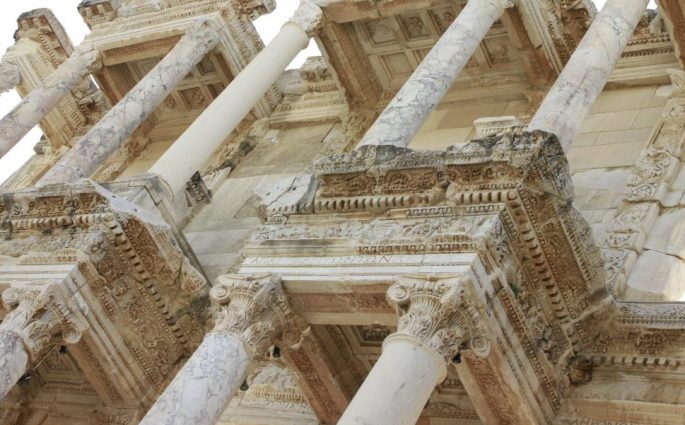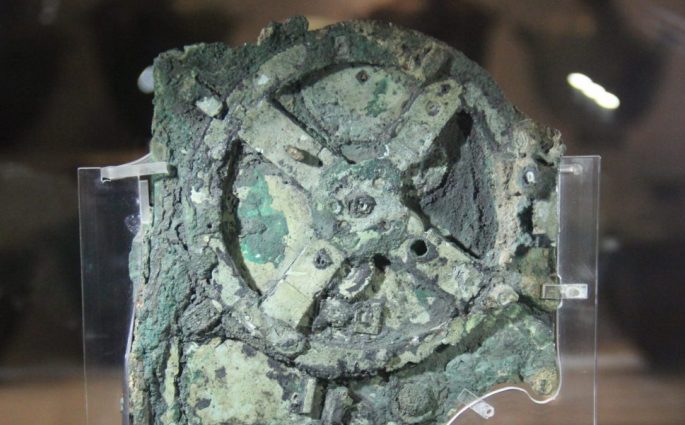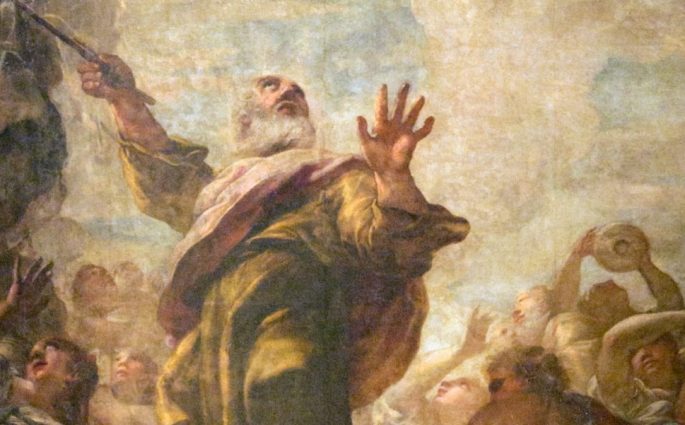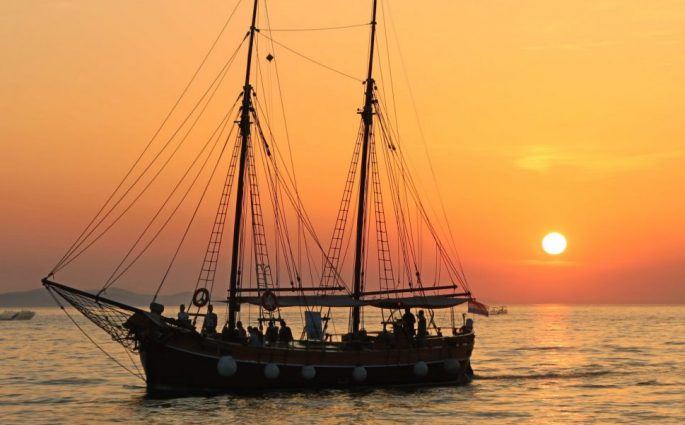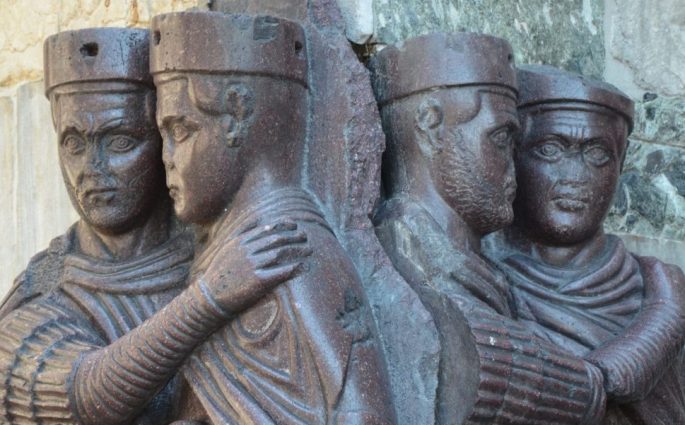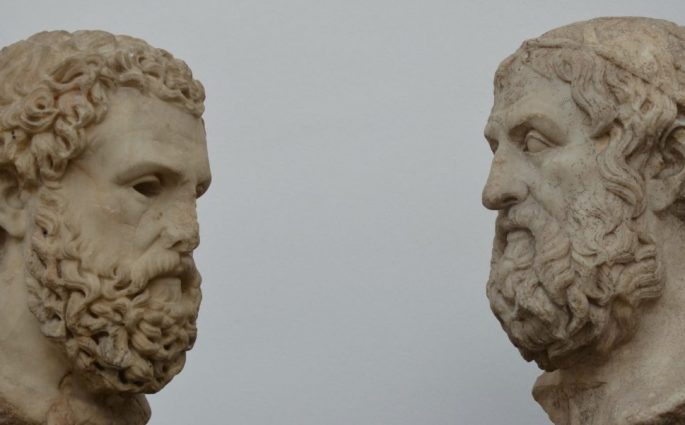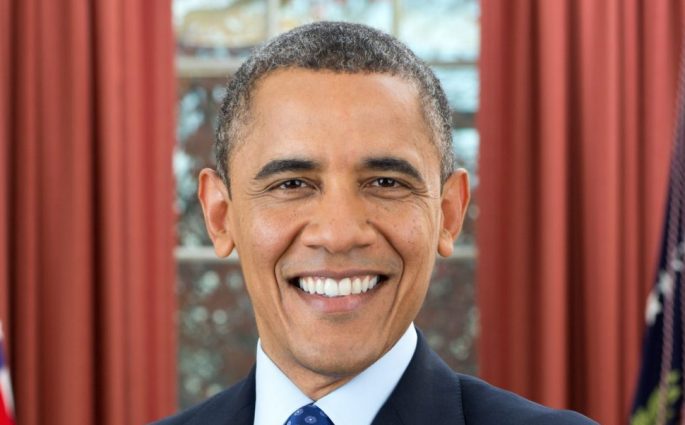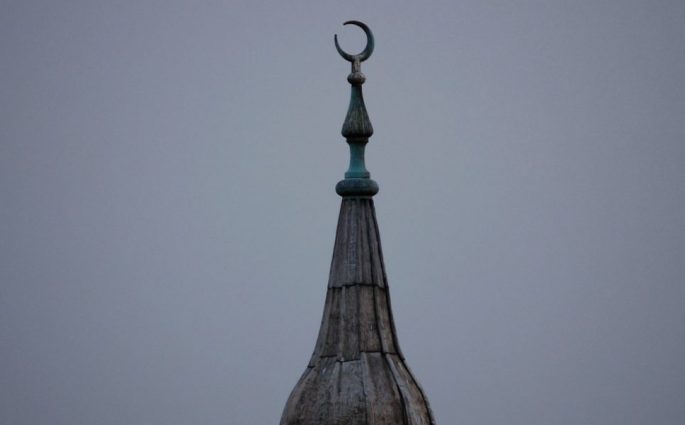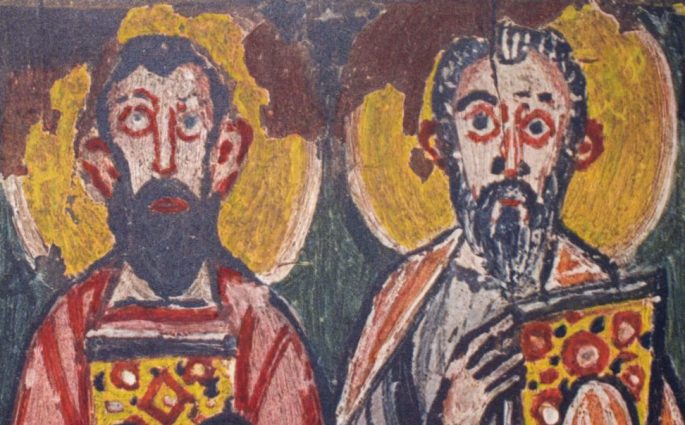Material Culture and the Ethnicity of Non-Jewish Christians
Christopher Stroup— The cities of the Roman Empire were filled with gods and the citizens who honored them with festivals, processions, buildings, and benefactions. The followers of Jesus—later called Christians—lived and moved in these cities, navigating avenues lined with statues honoring various deities, structuring their days and months around the























